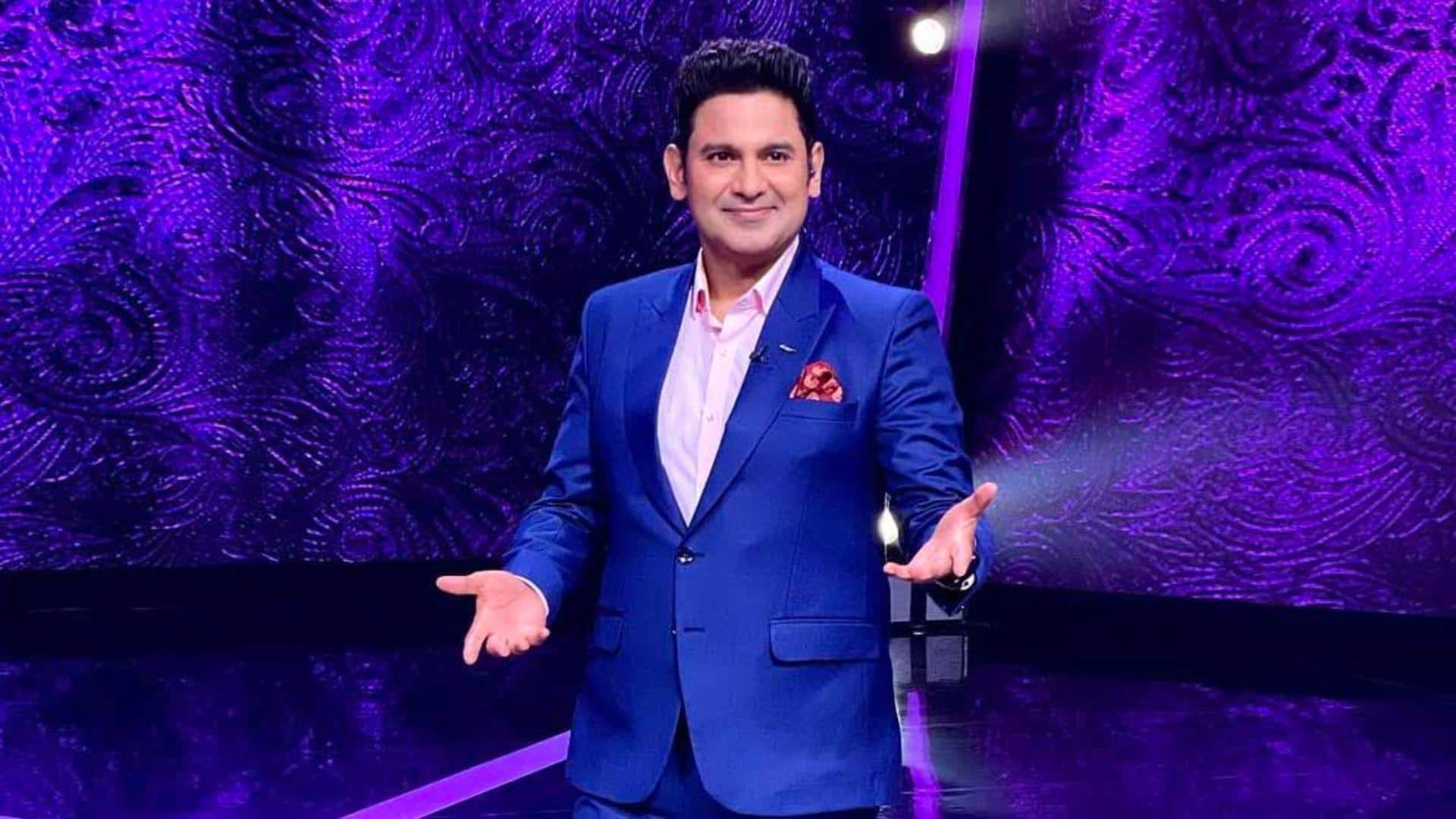
Manoj Muntashir's birthday: His approach to writing 'Baahubali's Hindi dialogues
What's the story
Writer-lyricist-poet Manoj Muntashir is a wordsmith extraordinaire! Born Manoj Shukla, he has crafted lyrics for songs like Teri Mitti, Galliyan, Kaun Tujhe, Dil Meri Na Sune, and Phir Bhi Tumko Chaahunga. His prowess in Hindi film dialogues however is less appreciated. On his 48th birthday, we explore Muntashir's journey in preparing blockbuster-hit Hindi dialogues of Baahubali films.
#1
Muntashir's unexpected journey with 'Baahubali'
Muntashir stepped into a new realm when SS Rajamouli—impressed by his Hindi storytelling—entrusted him with writing Baahubali (Hindi) dialogues. In an interview, Muntashir recalled, "I was sitting in a room with MM Keeravani and narrating something in Hindi. Rajamouli happened to walk in. He went back...and decided that I should write the Hindi dialogues." "He didn't care about my background or work," he added.
#2
'Literal translation is a mistake': Muntashir
In a Scroll interview, the lyricist once critiqued the common mistake of offering unreal translations. For the Baahubali films, he didn't opt for a literal translation. Instead, he reconstructed the lines from scratch. "If one doesn't just copy the punchline but understands the context of a joke, that is, why a thing said could remotely be funny, then the job gets easier," he explained.
#3
His approach was to capture the audience's mindset
To make the dialogues authentic, Muntashir aimed for a genuine feel. In another interview, he explained, "Dialogues like Devsena ko haath lagaya to samjho...Bahubali ki talwar ko haath laga diya and Aurat par haath uthane waale ki ungliyaan nahin kaat-te...gala kaat-te hain could resonate with the Hindi audience as they were crafted from a Hindi mindset." This approach ensured that the essence remained intact.
#4
Muntashir took inspiration from BR Chopra's 'Mahabharat'
Muntashir once revealed that for Baahubali's Hindi dialogues, he took inspiration from BR Chopra's Mahabharat. He also added, "Credit goes to Rajamouli as he said to try and match the lips." Meanwhile, who was Muntashir's favorite character to write for? "Katappa," he stated, adding, "especially in Part 2—The Conclusion. He is funny in the second part. People don't associate funny lines with Katappa."